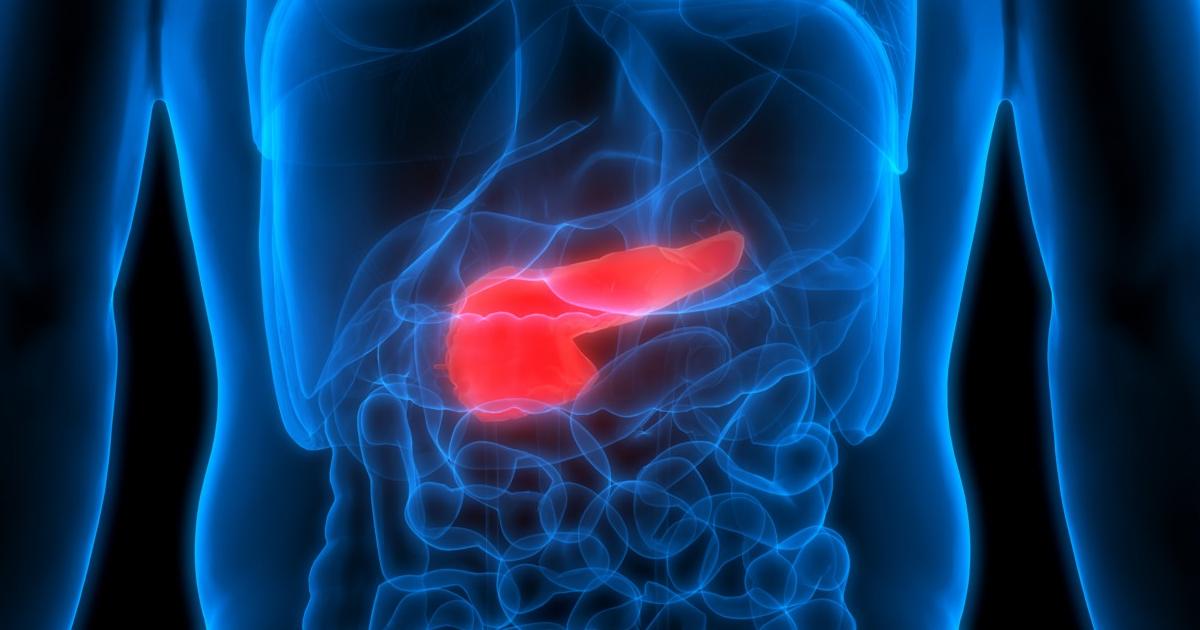What Are The Symptoms Of Ampullary Cancer?
Ampullary cancer is a type of uncommon malignancy that develops in the area of the digestive system called the ampulla of Vater. This area is where the ducts that come from the pancreas and gallbladder attach to the small intestine to secrete substances necessary for healthy digestion. Because of its proximity to other digestive system components, ampullary cancer often spreads and affects the normal function of other organs such as the pancreas, small intestine, liver, and gallbladder. This type of malignancy is diagnosed with the use of medical imaging, diagnostic endoscopy, and tissue biopsy. The preferred and most effective treatment for ampullary cancer is surgical removal of the tumor. This objective is usually accomplished with a procedure called a pancreaticoduodenectomy. Although ampullary cancer is rare, its symptoms can mimic those of other unrelated conditions.
Pancreatitis

Pancreatitis is a condition that occurs when the pancreas becomes inflamed. The pancreas is the gland that sits behind the stomach and is responsible for producing enzymes that assist with healthy digestion. These enzymes also help manage the way the body metabolizes glucose. Pancreatic inflammation happens when the digestive enzymes are not released into the small intestine before they become activated. As a result, the enzymes take their digestive actions out on the tissues of the pancreas instead of the food inside of the small intestine. Pancreatitis causes patients to experience symptoms such as fever, abdominal pain, rapid pulse, and vomiting. Ampullary cancer can cause episodes of acute or sudden pancreatitis. The digestive enzymes in a healthy individual leave the pancreas and flow through a duct, then pass through the ampulla of Vater and empty into the small intestine. In a healthy digestive system, these enzymes would generally make their full journey to the small intestine before they become activated. The tumor in ampullary cancer patients obstructs the duct, and it stops the normal movement of the enzymes. These enzymes accumulate in the pancreas as a result, and pancreatitis occurs once activated.
Uncover more symptoms of ampullary cancer now.